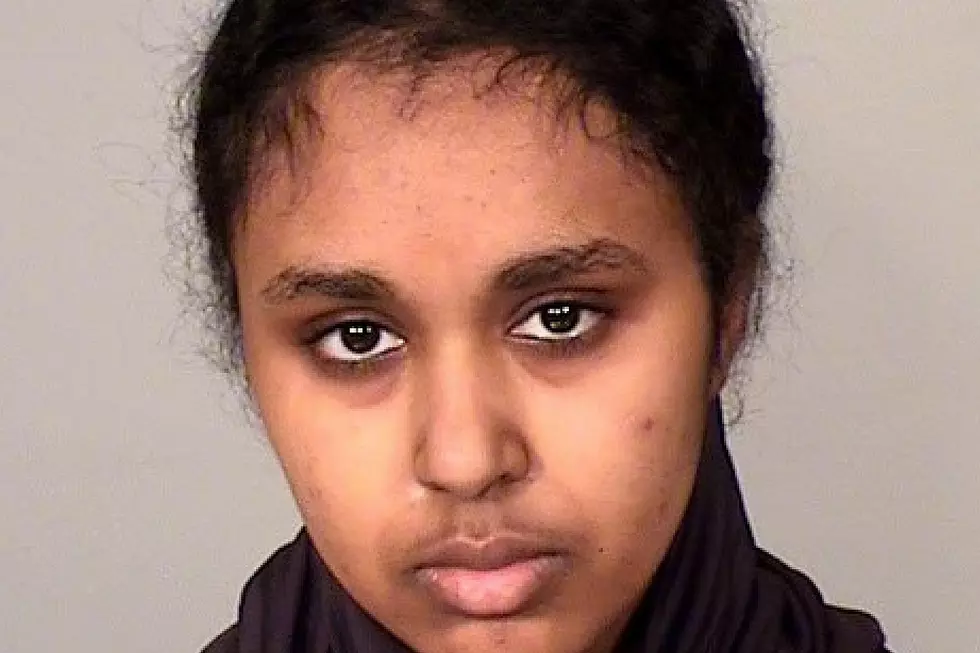
Trump Halts Refugee Resettlement Program
WASHINGTON (AP) -- President Donald Trump has barred all refugees from entering the United States for four months, and indefinitely halted any from Syria, saying the ban is needed to keep out "radical Islamic terrorists."
The order Friday immediately suspended a program that last year resettled in the U.S. roughly 85,000 people displaced by war, political oppression, hunger and religious prejudice. Trump indefinitely blocked those fleeing Syria, where a civil war has raged, and imposed a 90-day ban on all immigration to the U.S. from seven Muslim majority nations, citing terrorism concerns.
"We want to ensure that we are not admitting into our country the very threats our soldiers are fighting overseas," Trump said as he signed the order at the Pentagon. "We only want to admit those into our country who will support our country and love deeply our people."
Trump said the halt in the refugee program was necessary to give agencies time to develop a stricter screening system. While the order did not spell out what additional steps he wants the departments of Homeland Security and State to take, the president directed officials to review the refugee application and approval process and find any more measures that could prevent those who pose a threat from using the refugee program.
The U.S. may admit refugees on a case-by-case basis during the freeze, and the government will continue to process requests from people claiming religious persecution, "provided that the religion of the individual is a minority religion in the individual's country."
In an interview with CBN News, Trump said persecuted Christians would be given priority in applying for refugee status.
"We are going to help them," Trump said. "They've been horribly treated."
The order was signed on Trump's most robust day of national security and foreign policy at the start of his presidency. He met with British Prime Minister Theresa May and had a lengthy phone call with Mexican President Enrique Pena Nieto.
As a candidate, Trump called for a temporary ban on all Muslim immigration to the U.S. He later shifted his focus to putting in place "extreme vetting" procedures to screen people coming to the U.S. from countries with terrorism ties.
The State Department said the three-month ban in the directive applied to Iraq, Syria, Iran, Sudan, Libya, Somalia and Yemen - all Muslim-majority nations.
The Council on American-Islamic Relations said it would challenge the constitutionality of the executive order.
"There is no evidence that refugees - the most thoroughly vetted of all people entering our nation - are a threat to national security," Lena F. Masri, the group's national litigation director. "This is an order that is based on bigotry, not reality."
During the past budget year, the U.S. accepted 84,995 refugees, including 12,587 people from Syria. President Barack Obama had set the refugee limit for this budget year at 110,000.
According to Trump's executive order, he plans to cut that to 50,000. Refugee processing was suspended in the immediate aftermath of the Sept. 11 attacks and restarted months later.
The president was applauded by House Speaker Paul Ryan, who said it was "time to re-evaluate and strengthen the visa-vetting process."
But many Democrats cast the measures as un-American.
"Tears are running down the cheeks of the Statue of Liberty tonight as a grand tradition of America, welcoming immigrants, that has existed since America was founded has been stomped upon," said Senate Democratic leader Chuck Schumer of New York.
The order makes no mention of a plan to provide safe zones in Syria and the surrounding area. A draft of the order had directed the Pentagon and the State Department to produce a plan for safe zones in the war-torn Mideast nation.
More From KROC-AM









